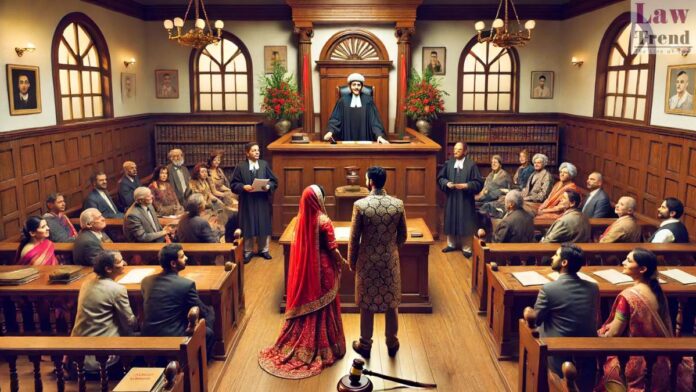In a significant ruling, the Delhi High Court has reiterated that prolonged separation in a marriage can be grounds for divorce under the Hindu Marriage Act, 1955, as it constitutes mental cruelty. The Court dissolved a marriage of 16 years, emphasizing that keeping parties bound in such circumstances only prolongs their suffering. Background of the
To Read More Please Subscribe to VIP Membership for Unlimited Access to All the Articles, Download Available Copies of Judgments/Order, Acess to Central/State Bare Acts, Advertisement Free Content, Access to More than 4000 Legal Drafts( Readymade Editable Formats of Suits, Petitions, Writs, Legal Notices, Divorce Petitions, 138 Notices, Bail Applications etc.) in Hindi and English.




